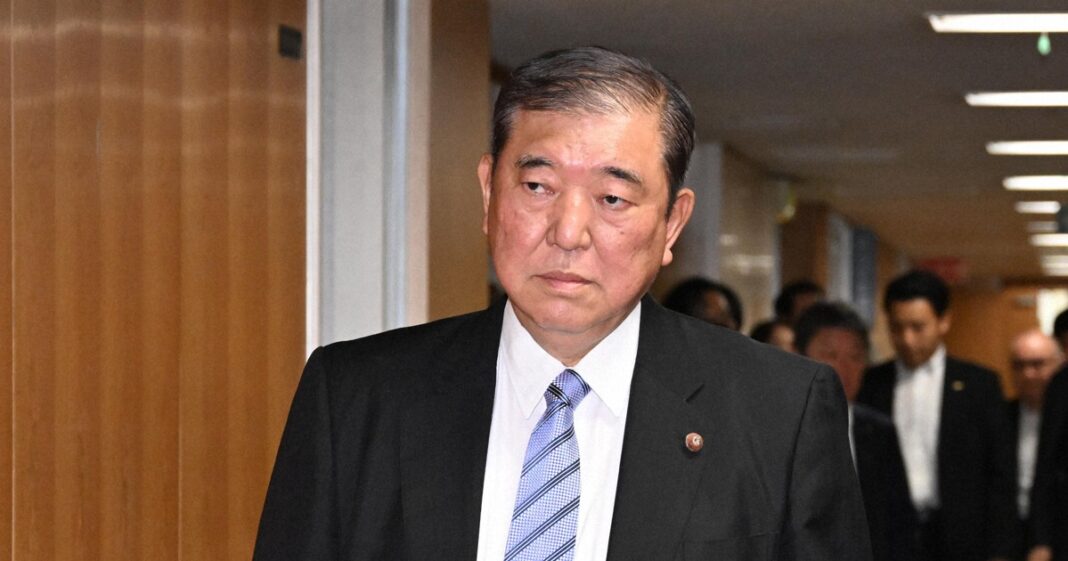Japan’s prime minister Shigeru Ishiba has decided to step down following his Liberal Democratic party’s failure to secure a majority in both houses of parliament during the summer elections, public broadcaster NHK has reported.
Ishiba’s resignation comes amid growing discontent within the ruling party over his leadership, with senior figures urging him to take responsibility for the electoral setback.
His decision is aimed at preventing a damaging split within the LDP, which has dominated Japanese politics for decades but has recently faced rising challenges from opposition parties.
NHK said the results of a survey of LDP lawmakers and regional party representatives on whether to stage an early leadership election will be released on Monday. The party had been preparing to decide whether to hold a special contest to replace Ishiba, a move that could have intensified divisions.
On Saturday, Ishiba held talks with former prime minister Yoshihide Suga and agriculture minister Shinjiro Koizumi. According to NHK, both men urged him to step aside, arguing that party unity must take precedence. Their intervention appears to have been decisive in shaping Ishiba’s decision.
The LDP’s poor performance in July’s election marked a sharp setback for Ishiba, who came to power pledging to revive the party’s standing and strengthen Japan’s economy and security posture. Instead, the results triggered a wave of criticism from within the party, with many lawmakers questioning his ability to lead them into the next general election.
Ishiba’s resignation sets the stage for another leadership contest in the LDP, which will effectively determine Japan’s next prime minister. Names already circulating include Suga and Koizumi, both seen as potential contenders to restore stability within the party.



















